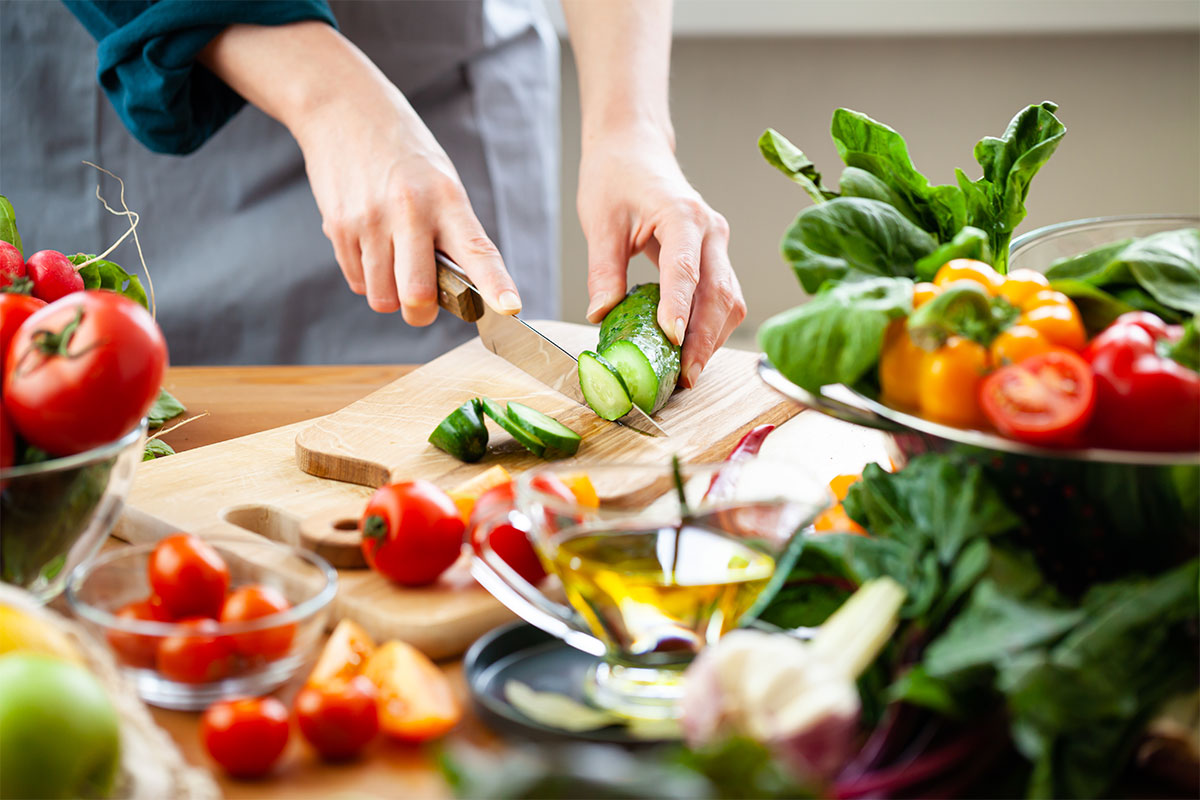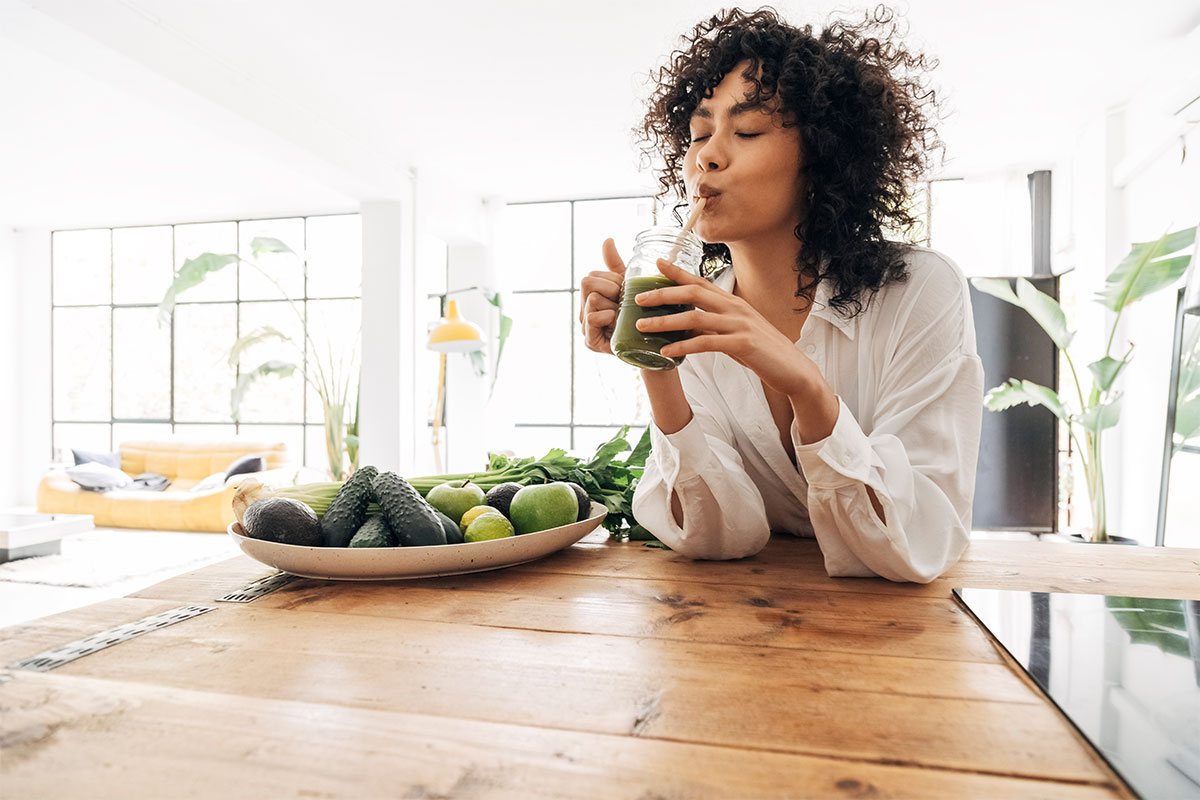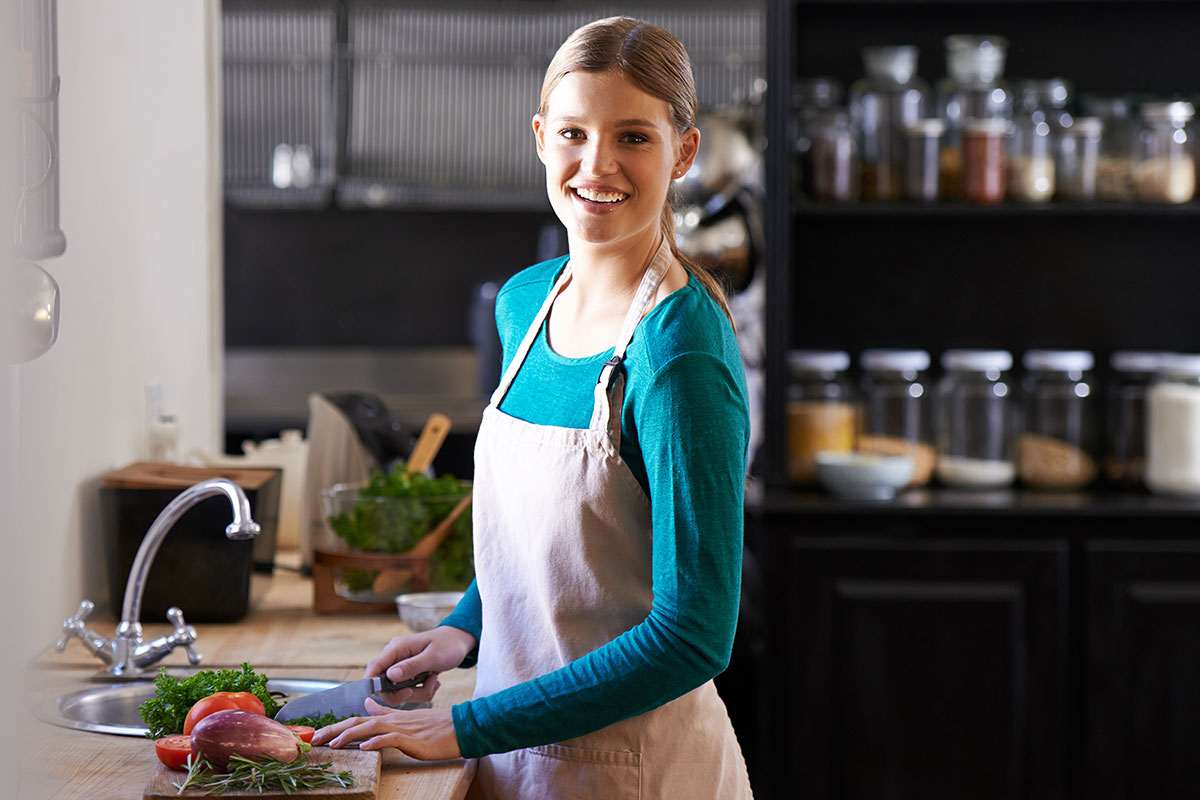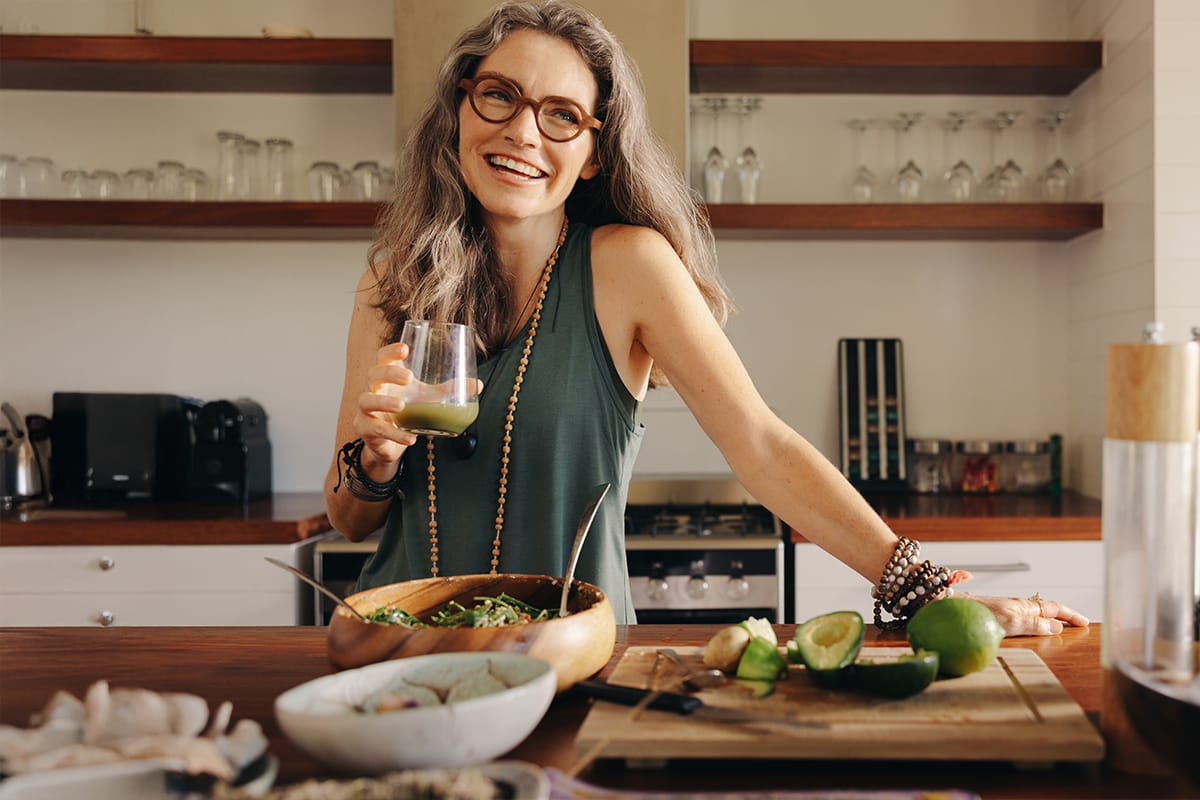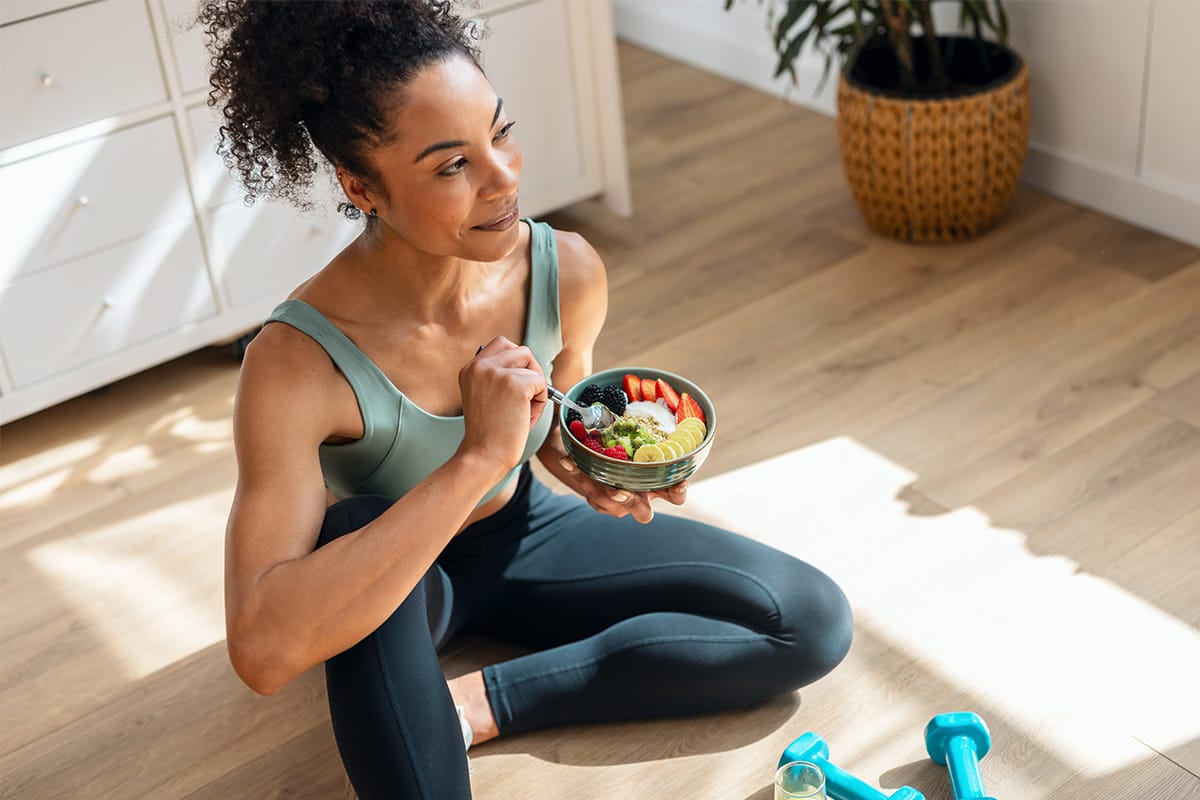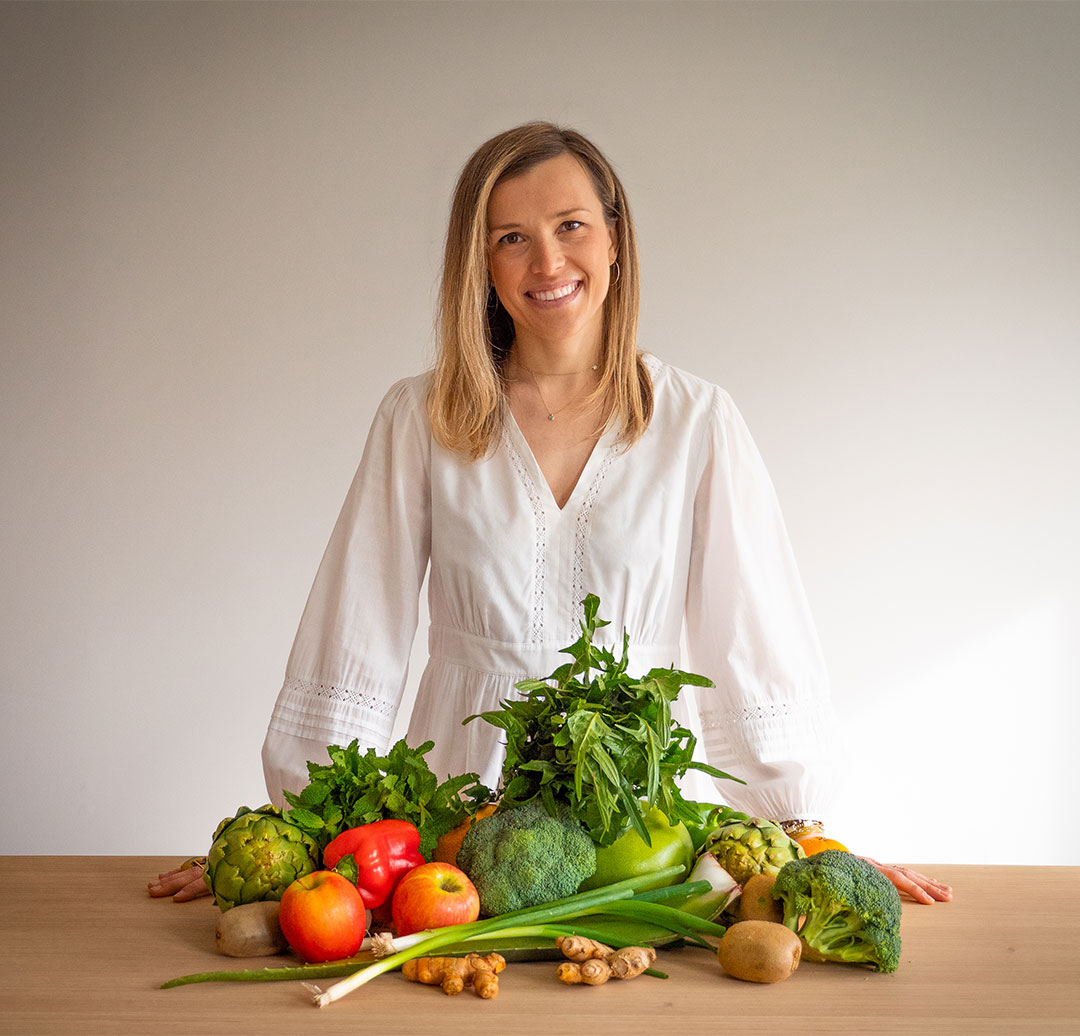Ease discomfort and protect your colon health with Dr. Elena Ivanina’s integrative approach to diverticulosis. This common condition occurs when small pouches, called diverticula, form in the colon wall, often without symptoms but sometimes causing bloating, pain, or bowel changes. At Gut Love, Dr. Ivanina takes a personalized, evidence-based approach to diverticulosis prevention in NYC to help prevent complications, support gut integrity, and restore long-term digestive balance.
Diverticulosis is a common condition that affects the colon, or large intestine. It occurs when small, bulging pouches (diverticula) develop in the lining of the colon. While many people with diverticulosis have no symptoms, others may experience abdominal pain, bloating, constipation, or diarrhea. If left untreated, diverticulosis can lead to more serious complications such as diverticulitis, an inflammation of the diverticula. This is why at Gut Love we focus on diverticulosis prevention in NYC.

